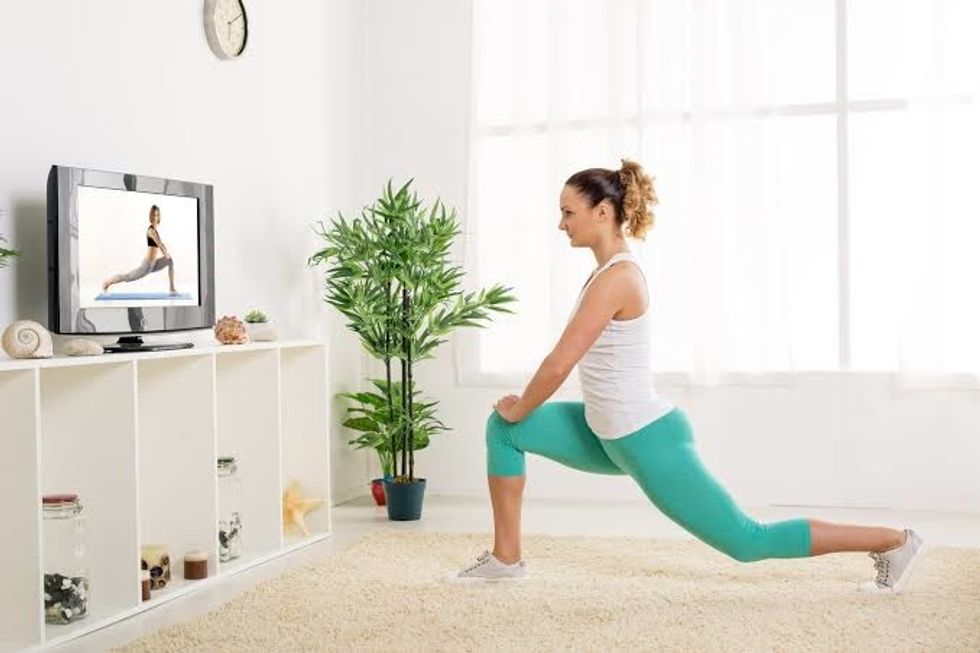When people start working out, they don't usually think about the safety measures that they need to take before, during, and after a workout. Regular exercise has many health, mental, and physical benefits, but it can also cause serious injuries. A fitness plan should start slowly and get more intense as the person builds strength and stamina. Here are a few tips to try during a workout session.
Warming Up and Cooling Down
Warm-up by doing low-intensity cardio before starting any workout. A 5 to 10 minute warm-up will get your blood flowing, increase your rate of breathing, and warm your muscles. It will help the body adjust better during exercise. Doing the same after a workout cools down the body by bringing the heart rate back to normal.
Stretching
Stretching before a workout prepares the muscles for an exercise. Be sure to do it after the warm-up, because stretching cold muscles can result in injuries. Stretching helps the body get the flexibility it needs to perform an exercise with machinery or weights. Stretch slowly, rushing into a stretch can be painful. Stretching after a workout gives the body more flexibility because the muscles are warm.
Having the right gear
The body has to work hard during exercise and to do that properly, the appropriate equipment needs to be worn. Having proper running shoes will make it easier on your feet. Wear loose clothes in the summer to allow heat to escape the body, and easily removable layers should be worn in winter. Tape the joints that are prone to injury before working them. Wear a belt before lifting heavy weights to protect the backbone.
Resting
Exercising will help gain muscles and train, but the body also needs rest. Muscle fibers tear during workouts, and a recovery day will give them time to heal. Exercising every day will also result in slow muscle growth. Reserve at least one day every week to rest the body. The body also needs to rest in between workouts. Lifting heavier weights too often can result in a hernia. Consult a hernia doctor and contact them immediately if the symptoms are visible.
Staying Hydrated
The body can lose over a quarter gallon of fluids within 30 minutes during a workout. Drinking water every 15 to 20 minutes while exercising will replace the body fluids as the person sweats. Not drinking enough water can lead to dehydration or heat exhaustion. A good habit to make is drinking 2 cups of water 15 to 20 minutes before working out and doing the same after the cool-down session.
Mixing Things Up
Changing things now and then is better for the body. Working the same muscles groups over and over again can result in them getting strained. A good training program should have aerobic exercises, strength training, and stretching. When working with weights, try to keep switching between heavier and lighter weights to keep making the muscles work. Try other sports as well.






 StableDiffusion
StableDiffusion StableDiffusion
StableDiffusion StableDiffusion
StableDiffusion Photo by
Photo by  Photo by
Photo by  Photo by
Photo by 
 Photo by
Photo by  Photo by
Photo by  Photo by
Photo by  Photo by
Photo by  Photo by
Photo by 









